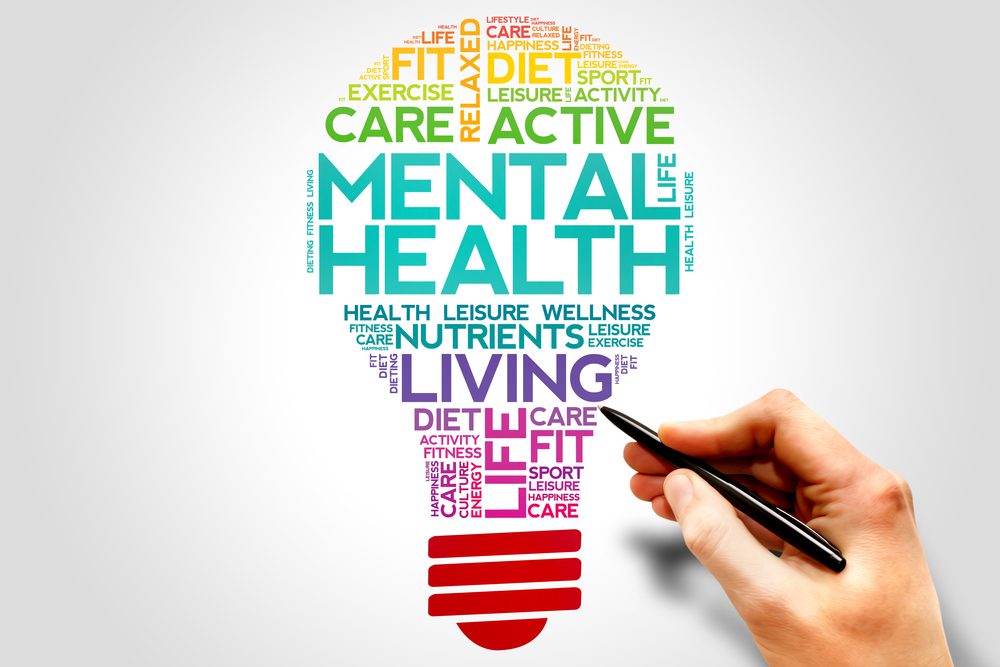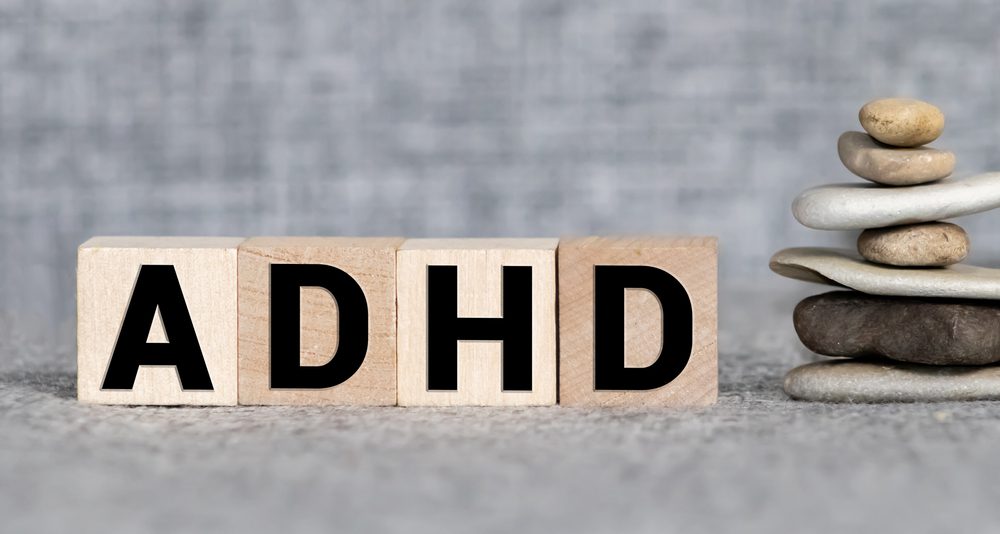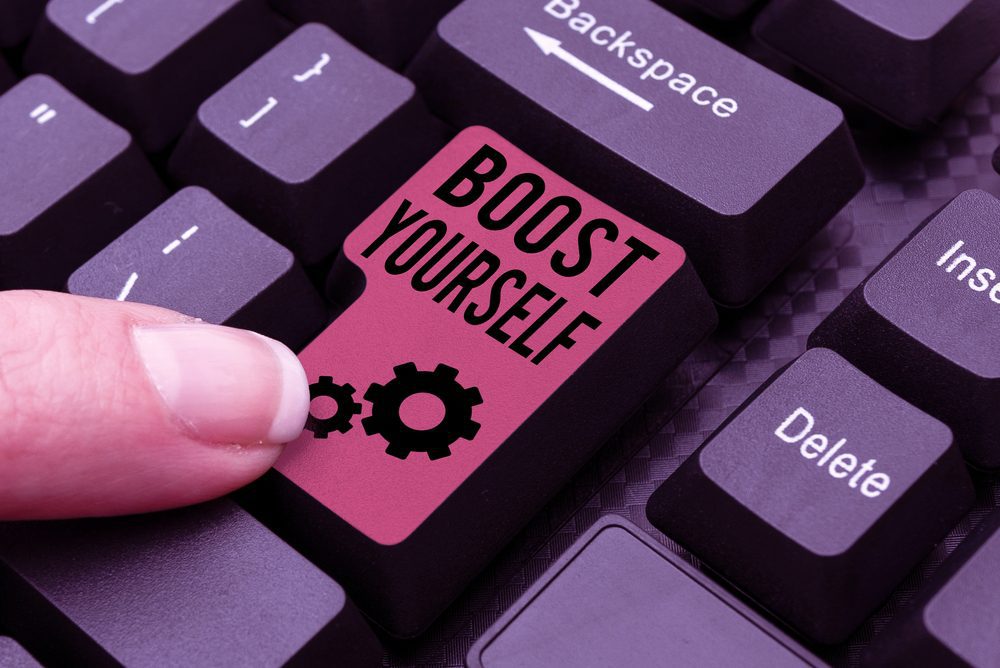What Are The Most Commonly MIS-Diagnosed Mental Health Disorders?
Until fairly recently, those who were suffering from mental health disorders were generally ignored, given meaningless advice, or denied adequate treatment. Healthcare was mostly unavailable, and the few licensed mental health providers that DID exist were very expensive.
Nowadays, however, more people are aware of the mental health issues we face, and more people have access to the support they require. Still, because the subject has been taboo for so long, there are many aspects of mental health disorders that are highly misunderstood.
And unfortunately, even professionals aren’t able to distinguish between mental health disorders sometimes, typically resulting in misdiagnoses. And this can happen with any mental health disorder.
For example, a 2012 study found that 26 to 45 percent of patients referred for depression didn’t meet the diagnostic criteria for a depressive illness.
Meanwhile, a 2009 meta-analysis of 50,000 patients found that doctors only identified depression correctly in patients in 47.3 percent of cases. Many doctors even diagnosed depression in patients who didn’t actually suffer from it.
Throughout all this, it’s important for us to stay informed for our own well-being. So let’s look into the 4 most misdiagnosed mental health disorders and read through the end for some effortless tips to boost your mental health.

Bipolar Disorder
A 2006 study found that 69 percent of patients with bipolar disorder are misdiagnosed at first. And more than a third remained misdiagnosed for over 10 years.
People who have bipolar disorder commonly seek treatment for the first time while having a depressive episode, often leading to the disorder being misdiagnosed as depression.
Contrarily, people suffering from bipolar disorder and are currently dealing with an episode may have their symptoms, like restlessness and insomnia, misdiagnosed as ADHD.
A diagnosis can also be challenging for people who have bipolar disorder, but symptoms may look a bit different from the diagnostic standards on issues like the duration of hypomanic states.
Misdiagnoses can be especially dangerous in cases like these because getting the incorrect treatment can actually make the problem more unhealthy. For instance, antidepressants used to treat depression can make people with bipolar disorder feel worse.
Anxiety
The Anxiety and Depression Association of America says that Anxiety is among the most standard mental health disorders in the US, affecting 18 percent of the population.
Despite this, it usually takes people struggling with anxiety disorders an incredibly long time to be adequately diagnosed.
In fact, the average measurement of time between the onset of symptoms, when a person starts feeling bad, and when they actually get a diagnosis is between 9 and 12 years.
And sadly, many people don’t comprehend that their anxiety symptoms suggest a mental health disorder. They just think of them as a “part of life” and simply don’t think about seeing a professional.
But even when people with anxiety want to see a doctor to get a diagnosis, they aren’t guaranteed a correct one. Some anxiety symptoms, like an inability to concentrate and sleep issues, can also be signs of depression. This can easily lead doctors to make the wrong diagnosis.

ADHD
Most people tend to associate ADHD with childhood. And they would be right to do so because it’s the most commonly diagnosed disorder among children. Kids as young as 4 years old can get an ADHD diagnosis.
This mental health disorder is described as having difficulty maintaining focus, following rules, or resisting temptations.
The American Psychiatric Association says that about 6 percent of America’s children are presently taking medication to control this mental health disorder.
The symptoms are frequently hard to distinguish from other mental disorders, especially when taking into consideration typical childhood development.
So it’s relatively common for a child to be diagnosed with ADHD and put on a prescription when the true basis of their behavior is anxiety, a sensory processing disorder, or an autism spectrum disorder.
On the other hand, many children suffering from ADHD never receive the proper diagnosis, possibly because their guardians or doctors were hesitant. Unfortunately, not everyone grows out of this disorder as they age.
In fact, an estimated two-thirds of children who suffer from ADHD continue to have symptoms well into adulthood. But their symptoms change in severity. It’s important for parents to be open-minded to the idea that their child might be suffering from ADHD.
Although it’s equally vital that they explore all possibilities before immediately resorting to medication.
Post-Traumatic Stress Disorder
PTSD is a psychiatric diagnosis for those who’ve gone through a highly stressful and terrifying experience and who are in distress caused by memories of that ordeal.
But while PTSD is a distinctive mental health disorder, many of its symptoms, including anxiety, emotional numbness, dangerous and fearful behavior, and insomnia, can make it seem like the person is struggling with another mental health issue.
This especially goes for those whose doctors don’t have any experience treating this type of disorder. In fact, an incorrect diagnosis for people wrestling with PTSD is tragically common.
Research shows that between 2005 and 2007, the Army discharged approximately 1,000 soldiers per year due to a psychological evaluation concluding that they had a personality disorder.
A policy change in 2008 requiring a top-level review to rule out post-traumatic stress disorder as a cause for every personality disorder dismissal pushed that number to drop to approximately 260 a year.
Because it’s unique and every patient needs a particular treatment, it’s also fundamental that PTSD is treated by a mental health professional who’s knowledgeable about the disorder rather than by someone who only has a background in treating common mental health disorders.
…Now that we’ve covered some often misdiagnosed mental health disorders, let’s look at some tips to boost your mental health!

5 Tips On Boosting Your Mental Health
- Choose Healthier Habits
Creating better habits is vital to living a healthy life, not just physically but also mentally. You should train your brain to desire healthier foods. Once you’ve trained your mind to eat fruit instead of chips, your brain will automatically adopt this new habit. Also, drinking water more often to keep your body hydrated increases brain power by up to 30%. - Spend Some Time Alone
Sometimes, you just have to ignore the noise and spend some time alone. It allows you to give your mind, body, and soul some much-needed rest. To attain peace of mind, you can choose some relaxing exercises like yoga or meditation. Eventually, it’ll help you improve your mental health. - De-Stress
Stress is harmful to the mind. While we can’t control each and every situation, we CAN control our thoughts. If you manage to do this, nothing will affect your peace of mind. Learn to free your mind from desires and expectations, and you’ll feel the difference. Stress affects not only our mental health but also our physical one as well. So try to live with a positive attitude as much as you can. You can easily monitor your stress levels with THIS nifty tracker! - Maintain An Active Mind
Working on a computer or watching TV all day may be keeping you active, but it doesn’t help your mental health unless you do something productive. For example, you can play games like crosswords or puzzles, solve jigsaw, and read books. Indulging in games not only keeps you excited but also improves your brain power to a great degree. - Don’t Hold Back
We tend to keep our problems or pain to ourselves, which ultimately affects our thoughts and emotions. If you hold back negative feelings or anger, it will eventually produce negative energy inside your brain. Holding things inside for too long can build up stress, anxiety, insomnia, and depression inside you. So talk to someone you can trust who can help you in healing.
We hope you found our article on mental health disorders helpful. Be sure to leave us a comment if you have any tips for our readers on ways to boost mental health.
And if you enjoyed reading this one, we’re positive you’ll love THIS one!















2 Responses
This information was on point , very interesting, i never thought about it, and it helps me too.
Very on point with everything I read